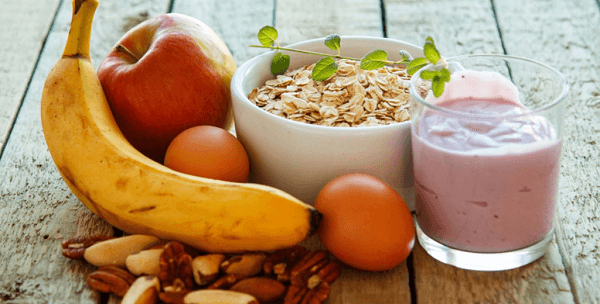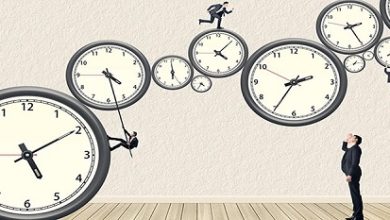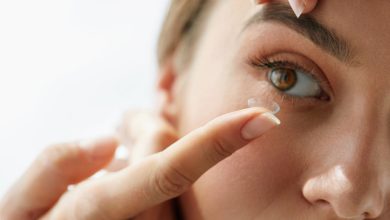Best And Worst Foods To Eat Before Bed

What to eat before bedtime is an important consideration. A variety of foods can be considered the best or worst foods to eat before bedtime, depending on the type of food. Avoid sugary and spicy foods, as well as high-protein and high-fiber foods. In addition, avoid fried foods. Those can cause indigestion, making them undesirable for late-night meals. Also, avoid alcohol, as alcohol will interfere with your sleep. Even a small amount of alcohol can cause a restless night and fatigue the next day.
Avoiding Sugary Foods
Avoiding sugary foods before bed can be a big help in helping you sleep better at night. This is because these foods contain sugar and can make your blood sugar spike and drop, making it hard to get a restful night’s sleep. You don’t need to avoid all sugar, but you should definitely limit them to a couple hours before bedtime. You should also avoid processed sugar, which can make you feel jittery before bed. Instead, opt for healthy foods such as nuts, beans, poultry, and whole grains. These contain compounds that help you relax and fall asleep, which can help you achieve better sleep at night.
A lot of sugar is bad for you. Not only does it make you feel hungry, but it can also cause blood sugar levels to fluctuate wildly. Sugar can also increase feelings of sadness, anxiety, and irritability. In addition to being bad for you, it can also increase your risk of heart disease.
Avoiding Spicy Foods
Eating spicy foods before bed can cause a number of problems for your digestive system. Not only can they make digestion more difficult, but they can also increase your body temperature and cause heartburn, both of which can disrupt your sleep. In addition, spicy foods contain a compound called tyramine, which stimulates the brain to release norepinephrine, which is a hormone that promotes wakefulness and prevents sleep.
One of the most significant problems with spicy foods is that they can cause a person to have nightmares. A 2008 study found that eating Tobasco sauce at the end of a meal was associated with a reduced amount of sleep in healthy young men. In addition to having a stimulating effect, spicy foods can also raise your body temperature and interfere with your body’s ability to relax at night.
Avoiding High-Protein Foods
While some studies suggest that healthy eating can promote sleep, other studies suggest that it can disturb your sleep. Research shows that eating high-protein meals reduces the amount of tryptophan, a precursor to serotonin, and can also increase the risk of acid reflux or indigestion.
Some research suggests that consuming protein before bed may increase the rate of muscle protein synthesis, resulting in faster muscle recovery and stronger bones. This effect has been shown to be true in a study conducted in 2012. In the study, 16 healthy young male participants performed weightlifting in the evening. Immediately following their workout, the participants consumed 20 grams of protein. In addition, eight men ingested 40 grams of casein before going to bed. In both groups, the intake of protein prior to bedtime increased muscle protein synthesis and overnight recovery.
Avoiding High-Fiber Foods
High-fiber foods can disrupt your sleep. Celery, for instance, is a natural diuretic, and broccoli is high in fiber. These foods can also cause you to feel the urge to use the restroom, which stimulates wakefulness hormones. High-fiber foods can also raise your body temperature and increase your metabolic rate, so avoiding them before bed may be the key to getting a better night’s sleep.
Several research studies have shown that avoiding high-fiber foods before bed can improve your sleep. It has been shown that eating carbohydrates close to bedtime can increase blood sugar levels, leading to a restless night’s sleep. Additionally, eating tomatoes before bed can result in acid reflux, so you may want to eat them earlier in the evening.
Avoiding Fast Food
One cause of sleeplessness is eating fast food before bed. The sugar and fat content do not make for a healthy bedtime snack. Instead, opt for a healthier option such as a salad with fresh vegetables and fruits.
Moreover, high-fat foods such as fast food take longer to digest, which keeps the body busy and prevents a restful sleep. This means that you end up waking up from your sleep feeling tired and unrefreshed.
Conclusion
When it comes to eating before bed, some foods are better than others. Some of them are known to reduce inflammation in the body while you sleep, and others have been shown to reduce the appearance of puffy eyes and a bloated belly. However, this list of foods to avoid before bed depends on your metabolism, sensitivity to certain foods, and level of physical activity.













